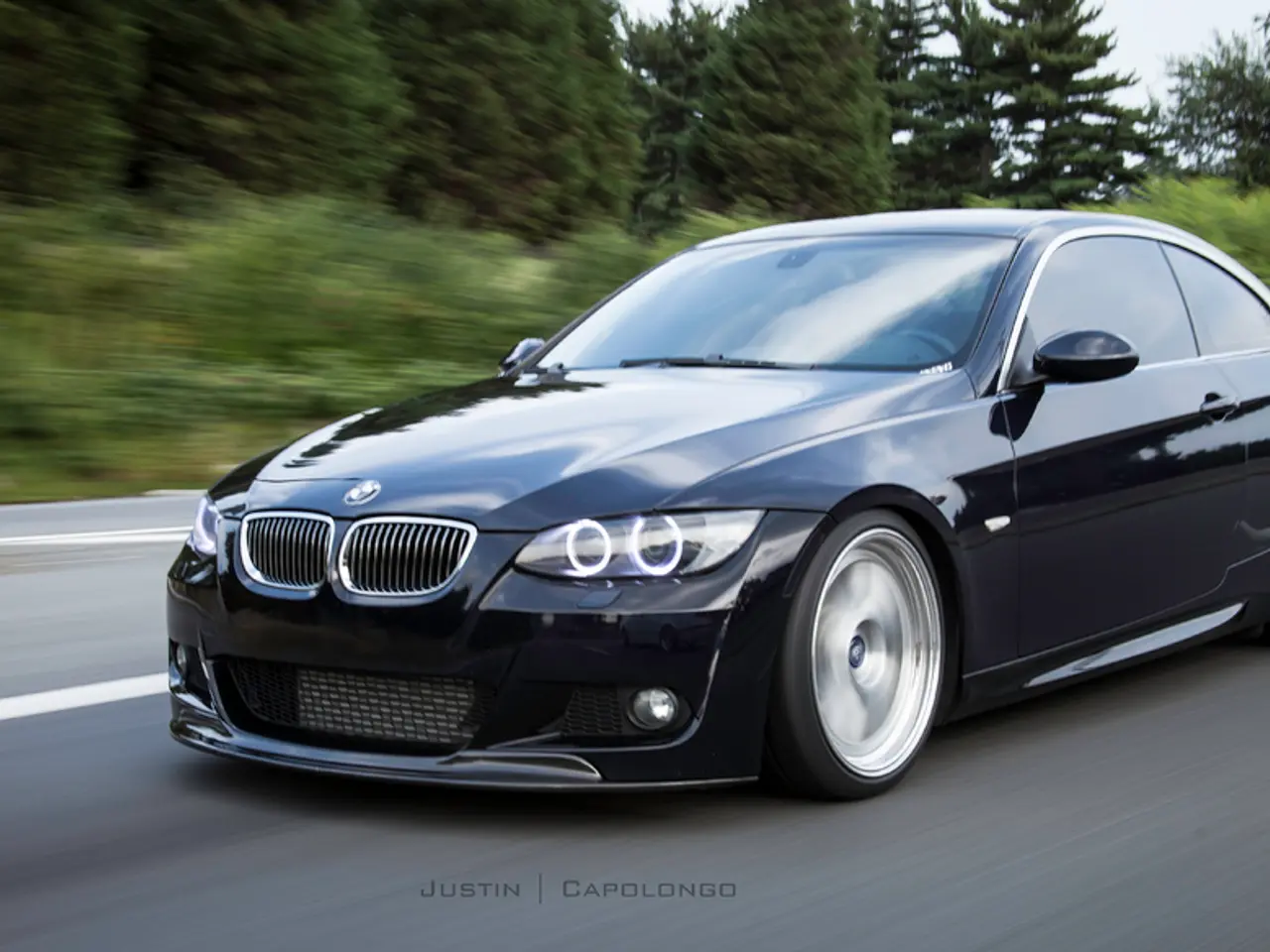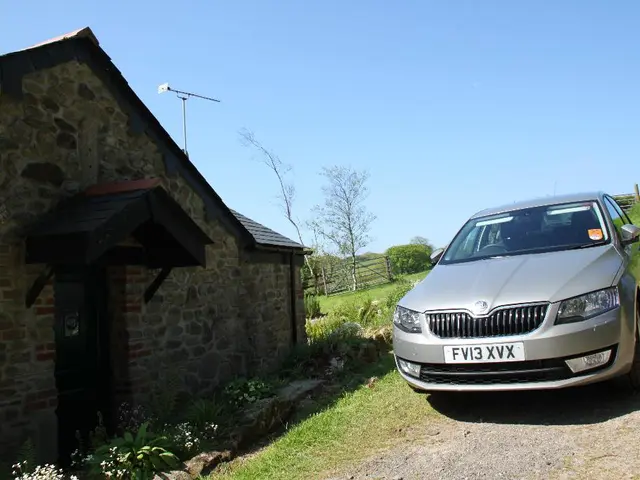Germany's Coalition Divided Over EU's 2035 Combustion Engine Ban
The German coalition government is divided over the EU's planned ban on new combustion engine vehicles from 2035. Environment Minister Carsten Schneider (SPD) has called for consistent regulatory conditions, while Chancellor Friedrich Merz (CDU) plans to lobby for the ban's repeal, allowing hybrid drives. The topic remains unresolved ahead of the EU summit in Copenhagen in September 2025 and will be discussed at an auto summit in October.
The EU decided in 2022 to phase out new gasoline and diesel cars by 2035 to cut CO2 emissions in the transport sector. However, the German black-red coalition government has no joint position on this ban. Schneider, from the SPD, has emphasized the need for a stable regulatory framework to support companies investing in electromobility and climate-neutral driving. He believes these businesses should be able to rely on the rules.
The Union, including Merz, is against the combustion engine ban. Merz plans to push for its repeal at the upcoming EU summit, suggesting that hybrid drives, which combine a conventional engine with an electric motor, should be allowed.
The German coalition remains divided on the EU's combustion engine ban, with Schneider advocating for a consistent regulatory framework and Merz pushing for its repeal. The topic will be revisited at an auto summit in October, with the EU summit in Copenhagen serving as a crucial deadline for finding common ground.
Read also:
- Russia, according to Zelensky, lacks the prowess for launching another significant offensive.
- Russia's Latest Peace Proposals for Donbas: New Diplomatic Landscape Emerges amid Alaska Summit, Potentially Opening Ceasefire Opportunities
- Amidst India's escalating climate crisis, transgender individuals continue to persevere
- Contentious Discussion Surrounding the Movie Release of "Planet of the Humans"








